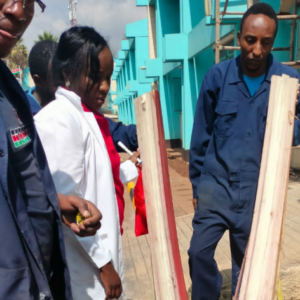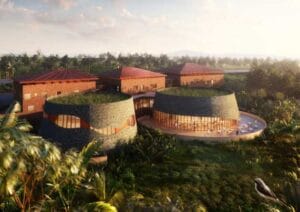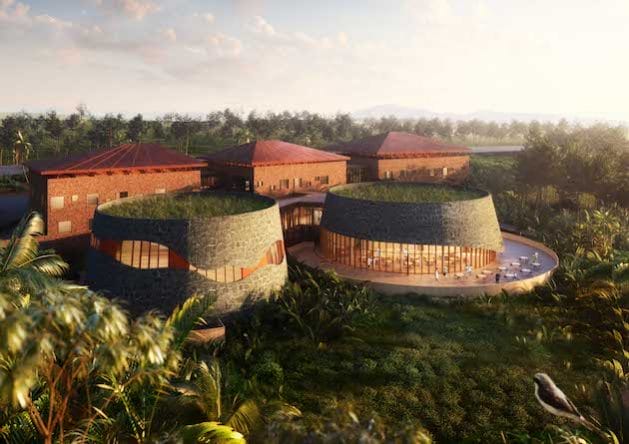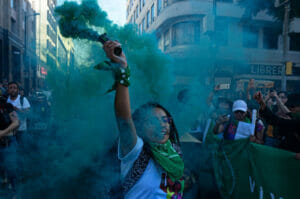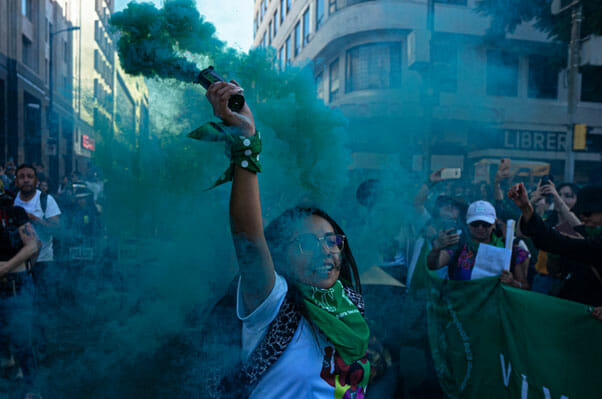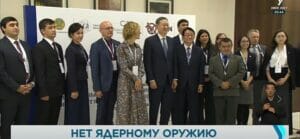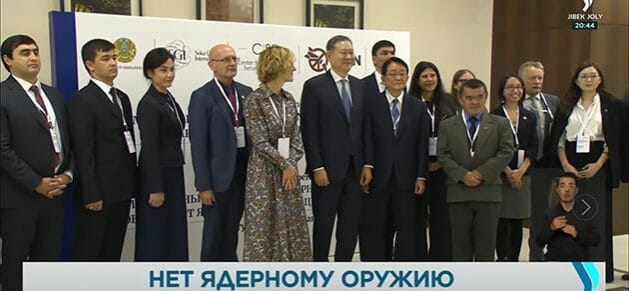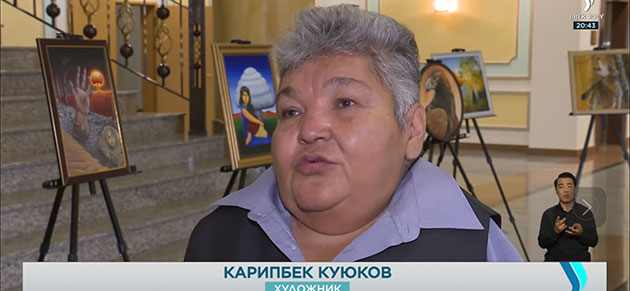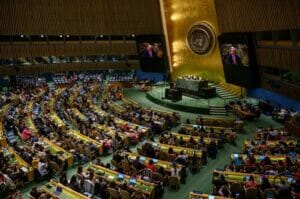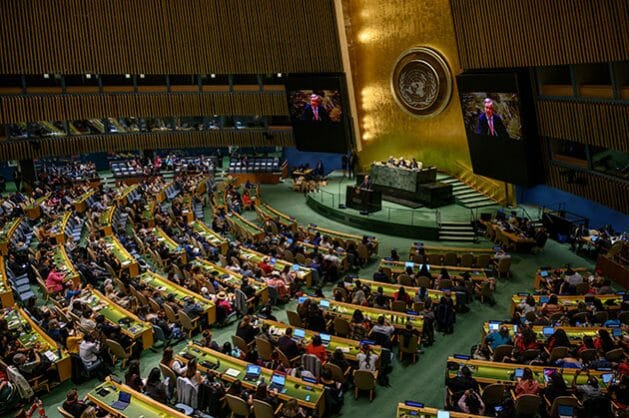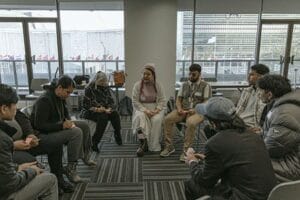
Asia-Pacific, Civil Society, Environment, Global, Headlines, Health, Human Rights, Nuclear Energy – Nuclear Weapons, TerraViva United Nations
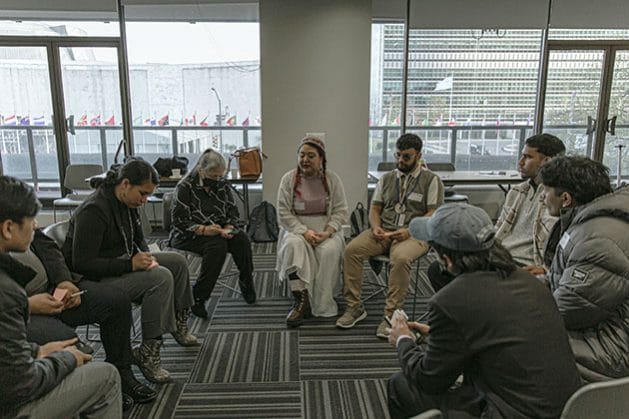
Communities affected by nuclear testing, many originating from island nations in the South Pacific, share their experiences at the Nuclear Survivors Forum. Credit: ICAN / Haruka Sakaguchi
– The language used in the Treaty of the Prohibition of Nuclear Weapons (TPNW) is unambiguous on its focus of the grave humanitarian impact of nuclear weapons. The TPNW also recognizes the influence of the public conscience “in the furthering of the principles of humanity as evidenced by the call for total elimination of nuclear weapons”.
This public conscience has been shaped by what we know already of the consequences of nuclear testing. Hiroshima and Nagasaki are the historic reasons to argue for nuclear disarmament. Decades later, the hibakusha – the term used to refer to survivors of the Japanese nuclear bombings – continue to be vocal in their pleas to world leaders to end nuclear weapon proliferation. Beyond Hiroshima and Nagasaki, the experiences in other affected regions – as represented by second- and third- generation survivors – stand as clear reminders of the intergenerational impact of nuclear testing.
While the Second Meeting of State Parties was an opportunity for member states and NGOs to support the Treaty and express solidarity with affected communities, it has been through a side-events hosted by civil society that those affected can directly testify to their own experiences. It has been through holding such events that the narratives built around nuclear survivors can be expanded, be made more inclusive.
On November 30, the International Campaign for Abolishing Nuclear Weapons (ICAN), along with partner organizations such as Peace Boat and Nuclear Age Peace Foundation, convened the Nuclear Survivors Forum. Hosted at the Church Center for the United Nations, the event saw people from communities around the world commiserate over their experiences with nuclear testing and their impact on their homes and communities.
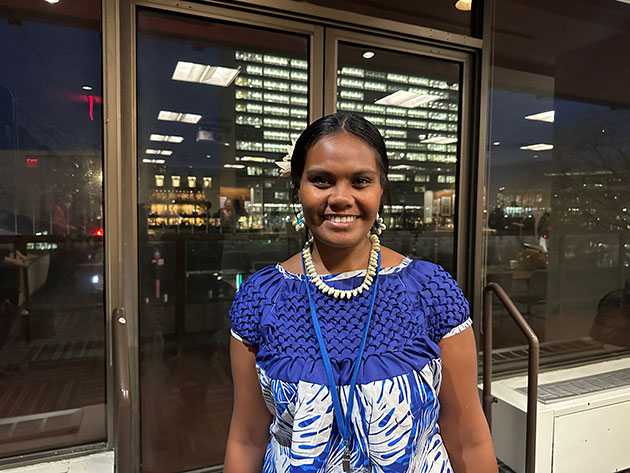
Taraem Taukaro, nuclear survivors forum. Credit: Katsuhiro Asagiri
The forum created a space where views, ideas, and common experiences were shared, especially for communities that “rarely have such opportunities”, according to Taraem Taukaro, a youth delegate who came to the event with the Kiribati government representatives. The Republic of Kiribati has been one of several island nations in the Pacific that were impacted by nuclear tests, notably conducted by British and American military forces in the mid-20th century. The Kiritimari island, which is part of the Republic, was previously the site of multiple nuclear bombing tests between 1956 and 1962.
Taukaro’s mother, who lived through the testing, suffers from health issues which is believed to have been caused by exposure to radiation from the fallout. This exposure also resulted in health complications for the next generation, like with Taukaro’s sister, who was born deaf. It is a challenge for this family to have been impacted this way. One of the direct impacts has been that the indigenous Kiribati people that lived through the tests are afflicted with health problems and have suffered losses in their environment and biodiversity. Their descendants now contend with the same issues.
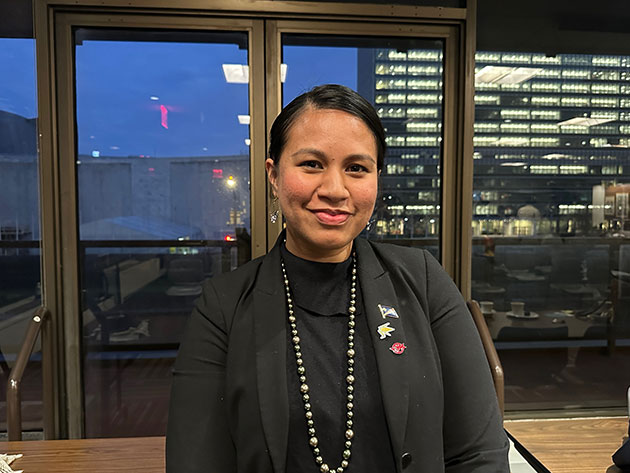
Bedi Racule, nuclear survivors forum. Credit: Katsuhiro Asagiri
Bedi Racule, an activist with the Pacific Conference of Churches, provided perspective on the impact of nuclear testing on the Marshall Islands and the greater South Pacific region. The US military conducted nuclear tests in the region, notably on Bikini Atoll between 1946 and 1958. As Racule noted, many Pacific communities continue to feel the impact of nuclear testing, which encompass cancer, displacement, and ecological contamination.
“There is a loss of our wellbeing and our quality of life and our connection to land and ancestors and culture,” she said. “…There is a lot of pain and trauma.”
When speaking of the nuclear survivors who attended the forum, she added: “I really feel for this community, and for my people. I also want to highlight their resilience, their strength. Having vulnerability is not weakness. It is strength… I just want to commend all of these people that have stood up now and in the past for a better world that’s free of nuclear weapons. And specifically, have a nuclear-free zone, and the first nuclear-free constitution.”
For young people, there is a greater responsibility to them to educate them on the impact of nuclear testing; to contextualize the history and the way their connection to culture has shifted, including what has been lost.
Racule remarked that during the forum, there was a call from the affected communities to establish an advisory group. “The core of [the TPNW] is the humanitarian response to nuclear weapons, knowing what has happened in the past and seeking justice for that and preventing these experiences from ever being felt again by anyone.”
Taukaro remarked that the international community, including the British government, could do more to provide funding and support for medical resources and environmental clean-up, as part of the compensation towards the affected communities in Kiritimari and its neighboring islands.
Racule expressed a different view. “Among our network of nuclear justice advocates, it is very well-acknowledged that nuclear issues are intrinsically linked to issues of colonization, of self-determination,” she said. “Even our countries in the Pacific that are free and independent and sovereign, they still have trouble voicing their wants… because of geopolitical interests, because of aid donor funding. We also see this development aid as a way to come in and influence what is happening, to take away our freedom not only politically but economically, financially, socially.”
With real life testimonies from survivors and their descendants, the event was a reminder that nuclear disarmament must be effective sooner rather than later to ensure that our future generations can live in peace and pursue decent lives. The public conscience must be respectful and elevate the voices of the indigenous communities who have been disproportionately affected by nuclear testing and live through its fallout, well into the new millennium.
IPS UN Bureau

